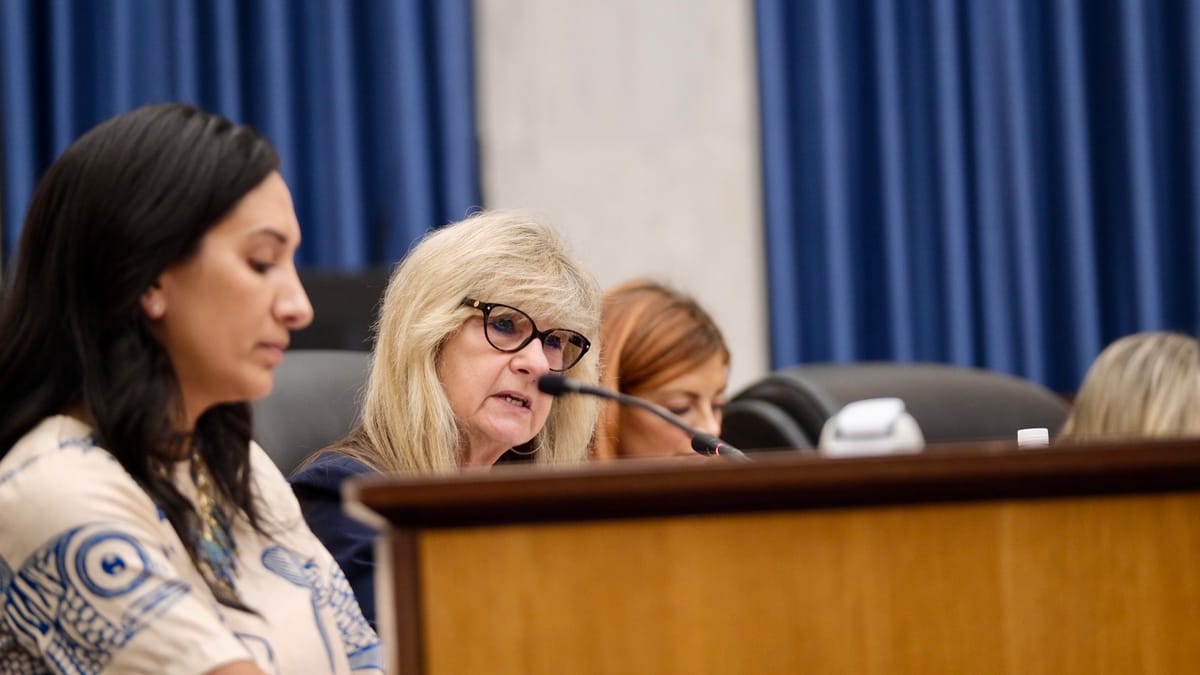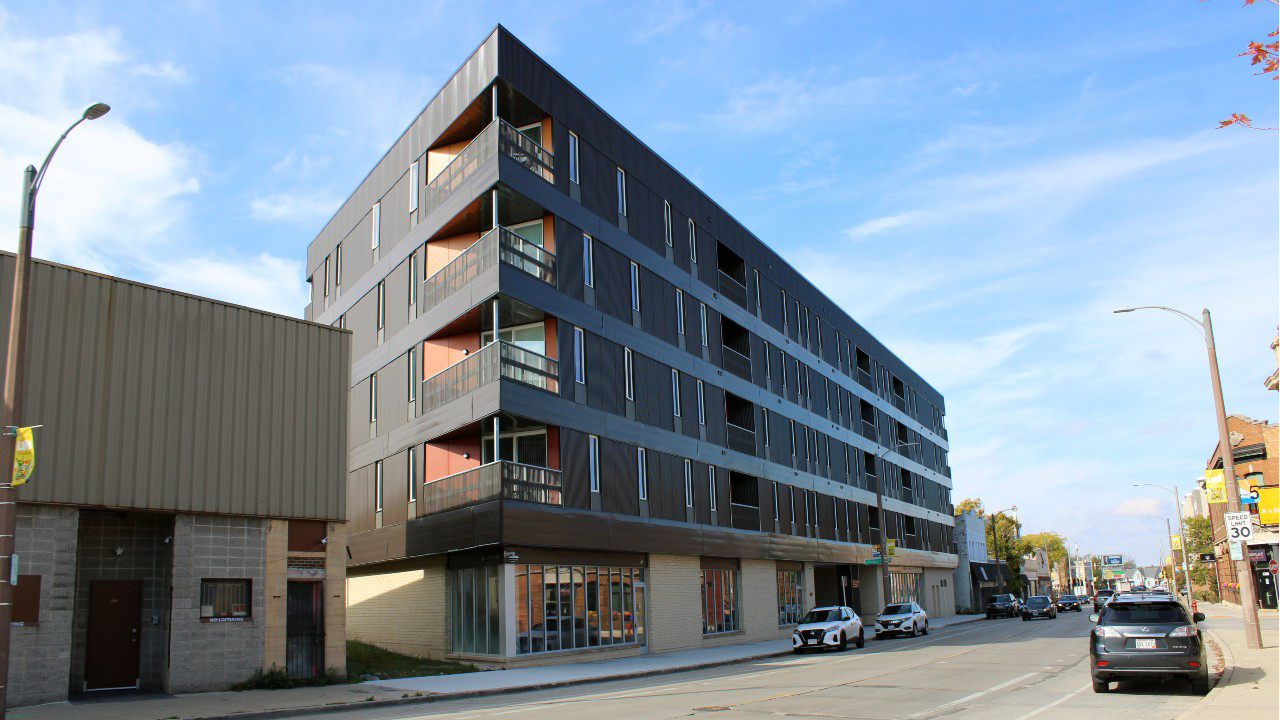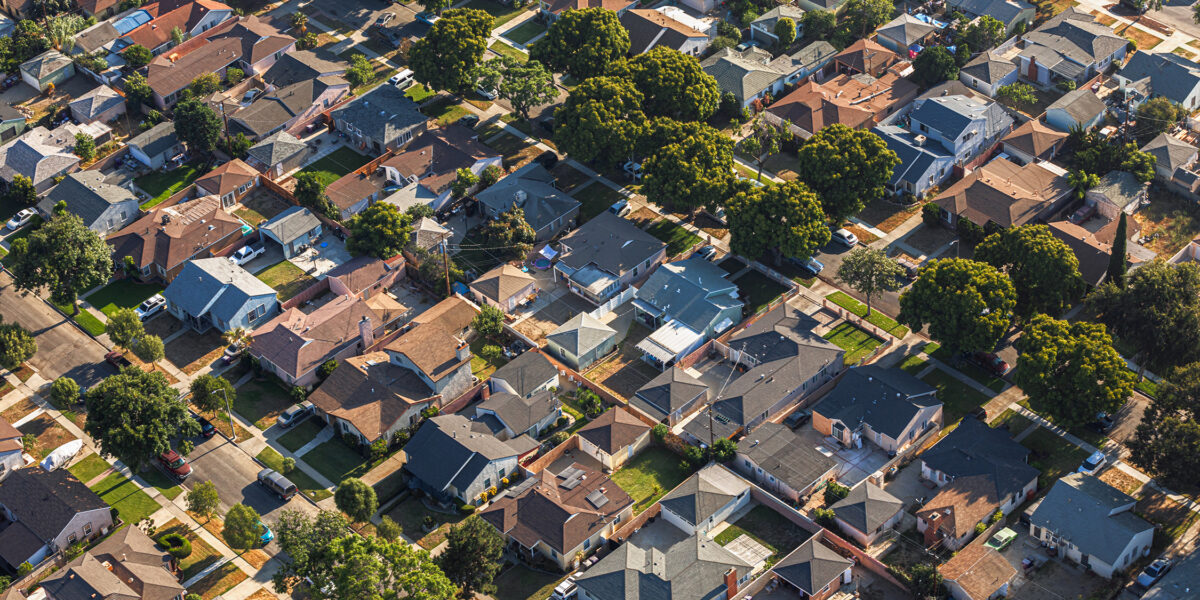T
he Richmond City Council met on Tuesday and voted 6‑2‑1 to keep the city’s real‑estate tax rate at $1.20 per $100 of assessed value. The motion to cut the rate to $1.16 was rejected, a proposal that would have lowered a typical homeowner’s bill by a few hundred dollars but would have cost the city about $17.2 million in revenue.
Mayor Danny Avula and his administration backed the status quo, arguing that a uniform rate cut would mainly benefit owners of the city’s most expensive homes and would strain an already rising‑cost budget. They also warned that the upcoming assessment freeze—when Richmond will skip a reassessment cycle to align its fiscal calendar—would temporarily reduce revenue growth, making the city more vulnerable to higher operating costs.
The decision came after a recent assessment cycle that raised property values by 5.74 percent, triggering a Virginia disclosure rule that requires local governments to notify residents of the effective tax increase. Even though the rate stayed the same, many homeowners saw their bills rise sharply because of the higher assessed values.
Council President Cynthia Newbille, who opposed the relief proposal, said she could not support a rate cut at this time but hoped the council would revisit the issue after a thorough review. “I would not be able to vote to reduce the real estate tax rate at this time, but look forward to us doing our due diligence to get to a place where we would have that kind of discussion,” she said.
The council’s budget, approved in spring, was built around the $1.20 rate. Several members, including Councilor Nicole Jones of the 9th District, cited the uncertainty of the fiscal year and the need to stay on course. “I made a choice when I voted for the budget,” Jones said. “And I’m just going to be clear about that.”
Richmond Public Schools Superintendent Jason Kamras warned that a lower rate would “almost inevitably mean a reduction in funding for RPS.” He noted that increased school funding over recent years has correlated with higher test scores and graduation rates, and that those gains are tied to the city’s investment in education.
In a memo to the council last week, the Avula administration described a 4‑cent cut as potentially catastrophic, citing the $17.2 million loss. However, the general‑fund budget was projected to grow by $55 million this year, meaning revenue would still rise even with a lower rate. The council’s options were a 5.5 percent year‑over‑year budget growth at the current rate or a 3.7 percent growth if the rate were lowered—neither fully offsetting the tax increases many residents face.
Supporters of a rate reduction argued that rising living costs are pushing residents out of Richmond and that the city must control its own spending to provide relief. Councilors Reva Trammell (8th District), Sarah Abubaker (4th District), and Stephanie Lynch (5th District) were the only ones who voted for the lower rate. Lynch ultimately voted for the rate that passed, though she said city officials must “budget within our means.” Trammell, who has long advocated for a cut, expressed frustration: “I think it’s a damn shame. I hope the citizens blame every one of us that’s sitting up here.” Abubaker highlighted the strain of double‑digit assessment increases on homeowners and accused the city of contributing to rising housing costs: “The city’s just a rent gouger as well. Truly.”
Councilor Kenya Gibson (3rd District) abstained, requesting more information about the city’s surplus before making a decision. She said the council should know exactly how much money is needed to fund services. The Avula administration said it would provide surplus data later, but it was not available at the time of the vote. The mayor explained that his new team was still finalizing last year’s books but would work to release the figures sooner.
During the final year of former Mayor Levar Stoney, the city also opposed lowering the tax rate. Stoney had earmarked surplus funds for targeted relief, such as the Gap Grant Program, which could provide up to $1,200 in housing assistance to eligible residents. The council approved the program and set aside $3.9 million from the surplus. By late September, only about $20,000 had been distributed from more than 2,300 applications, and officials were still working through the backlog.
The council’s decision reflects a broader debate: whether Richmond should continue to collect extra revenue to fund its expanding budget or begin to ease the tax burden on residents. The outcome keeps the rate at $1.20, maintaining the current revenue stream but leaving many homeowners with higher bills due to rising assessed values.















